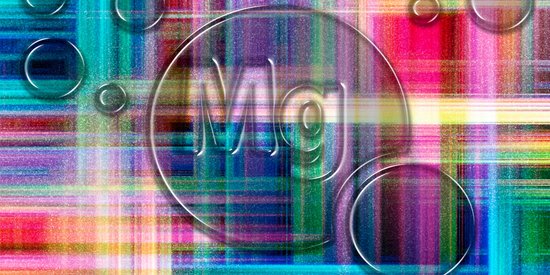Today, I am going to look into what it means to be “gluten-free”. Above all else, gluten is a protein… Undermined these days, for good reason… The fashion for “gluten-free” has been gaining ground for some time now. In fact, many people praise the merits of a gluten-free diet. However, a healthy person has absolutely no advantage in removing this substance from their diet. Or do they?
A recent trend
As previously stated, “gluten-free” is all the rage these days. Yet, in truth, adhering to a gluten-free diet could lead to certain deficiencies. In addition, the reduction of gluten in your diet is the consequence of a reduced consumption of whole grains! So what? Well, whole grains have the ability to trap cholesterol, thereby reducing the risk of cardiovascular disease.
After this little clarification, here is proof of the misinterpretation of scientific studies, featuring Myriam: “Yes, but when I stop bread in my diet, I feel better, and yet, I am not intolerant!" Why describe this as a “misinterpretation”, you might ask? Quite simply, by the fact that most every day (industrial) bread is full of additives, which can then be less well tolerated by some consumers. The alternative could simply be to eat REAL bread (you know, like sourdough).
Going back to the gluten-free diet, this treatment may only be suitable for people with a medical diagnosis.
What medical diagnosis?
Several different medical diagnoses can lead to the establishment of a gluten-free diet. In particular, celiac disease which is a "true intolerance" to gluten. This causes villous atrophy due to the ingestion of gluten. (In reality, it is the gliadins which enter into the composition of gluten, that cause this symptom).
Well, what about villous atrophy? By definition, it is a lesion of the intestinal wall, which can cause the phenomena of malabsorption of nutrients, which can then lead to many symptoms, such as deficiencies in essential nutrients.
Gluten intolerance, exempt from celiac disease, results in bloating, diarrhea or even abdominal pain, resembling irritable bowel syndrome.
The diagnosis of this gluten intolerance must absolutely be diagnosed by a specialist. Indeed, it is possible that this intolerance is an intolerance, not to gluten, but to certain poorly absorbable oligosaccharides, fructans. (Basically, fermentable sugars!)
Diagnosis established… What to do next?
If one of these diagnoses has been established for you, it is time to take things in hand. But how?
This gluten-free diet simply consists of excluding all cereals containing gluten from your diet, as well as the by-products of these cereals and their derivatives. Nothing could be easier, just look at the labels of the different ready-to-eat products and banish wheat, spelt, kamut, rye and barley.
Attention, this exclusion is strictly only for celiac disease! Regarding gluten intolerance, without having celiac disease, it is often sufficient to simply reduce the dose of gluten which is ingested. The dose of gluten that can be ingested by an organism suffering from this intolerance must be determined in each case by a specialist.
Hoping that you don't have these two types of intolerance! Because frankly, a good slice of toast… Mmmm!









